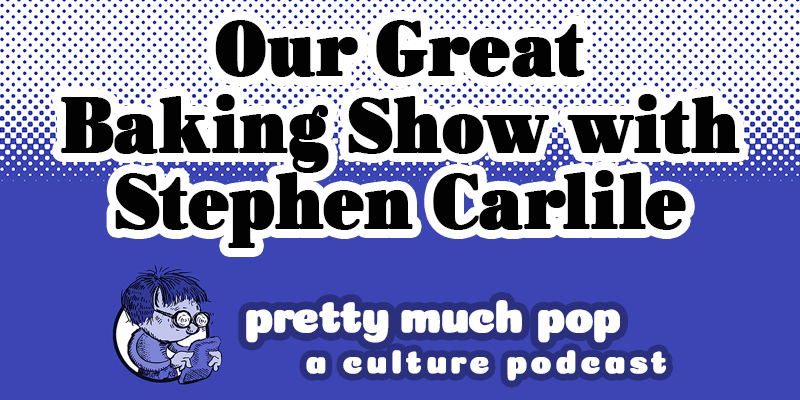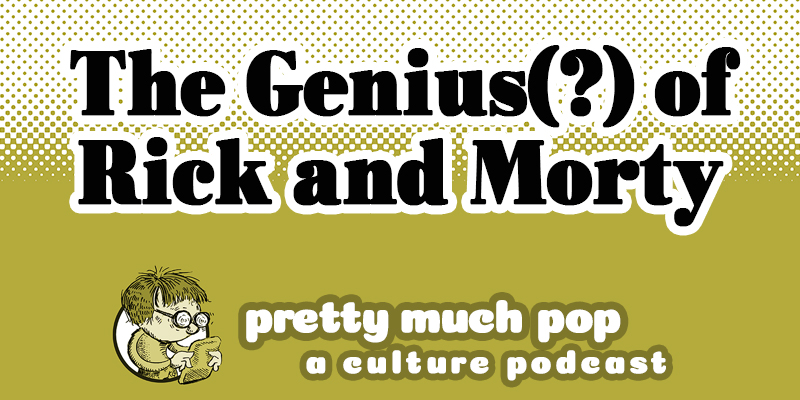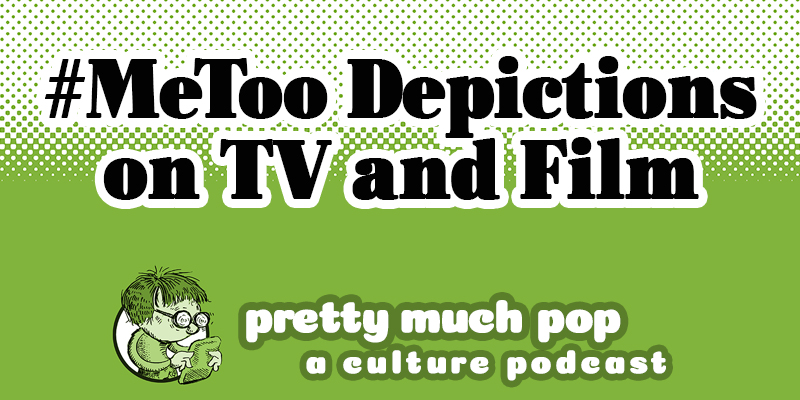
What explains the immense quarantine-time popularity in America of this quaint British reality cooking show? What do we get out of watching talented amateurs bake things? Stephen Carlile, who is famous for playing Scar in The Lion King on Broadway (and is VERY British himself), joins your hosts Erica Spyres, Brian Hirt, and Mark Linsenmayer to consider the format, context, and appeal of the show.
A few articles we reviewed to prepare included:
- “The ‘Great British Baking Show’ Is Broken. Here’s a Five-Point Plan to Fix It.” by Brian Phillips
- “Why Americans love the Great British Bake Off” by Vicky Baker
- “Bake Off’s Mel and Sue Quit on Day One After Tears Left a Bad Taste” by Mark Brown
- “Paul Hollywood: ‘Girls Abandoned Bake Off’ Over Channel 4 Move” from Sky News.
- “Bake Off Hidden Secrets” by Kyle O’Sullivan
Follow Stephen on Instagram @carlile1. Visit with him online.
Hear more of this podcast at prettymuchpop.com. This episode includes bonus discussion you can access by supporting the podcast at patreon.com/prettymuchpop. This podcast is part of the Partially Examined Life podcast network.
Pretty Much Pop: A Culture Podcast is the first podcast curated by Open Culture. Browse all Pretty Much Pop posts.





